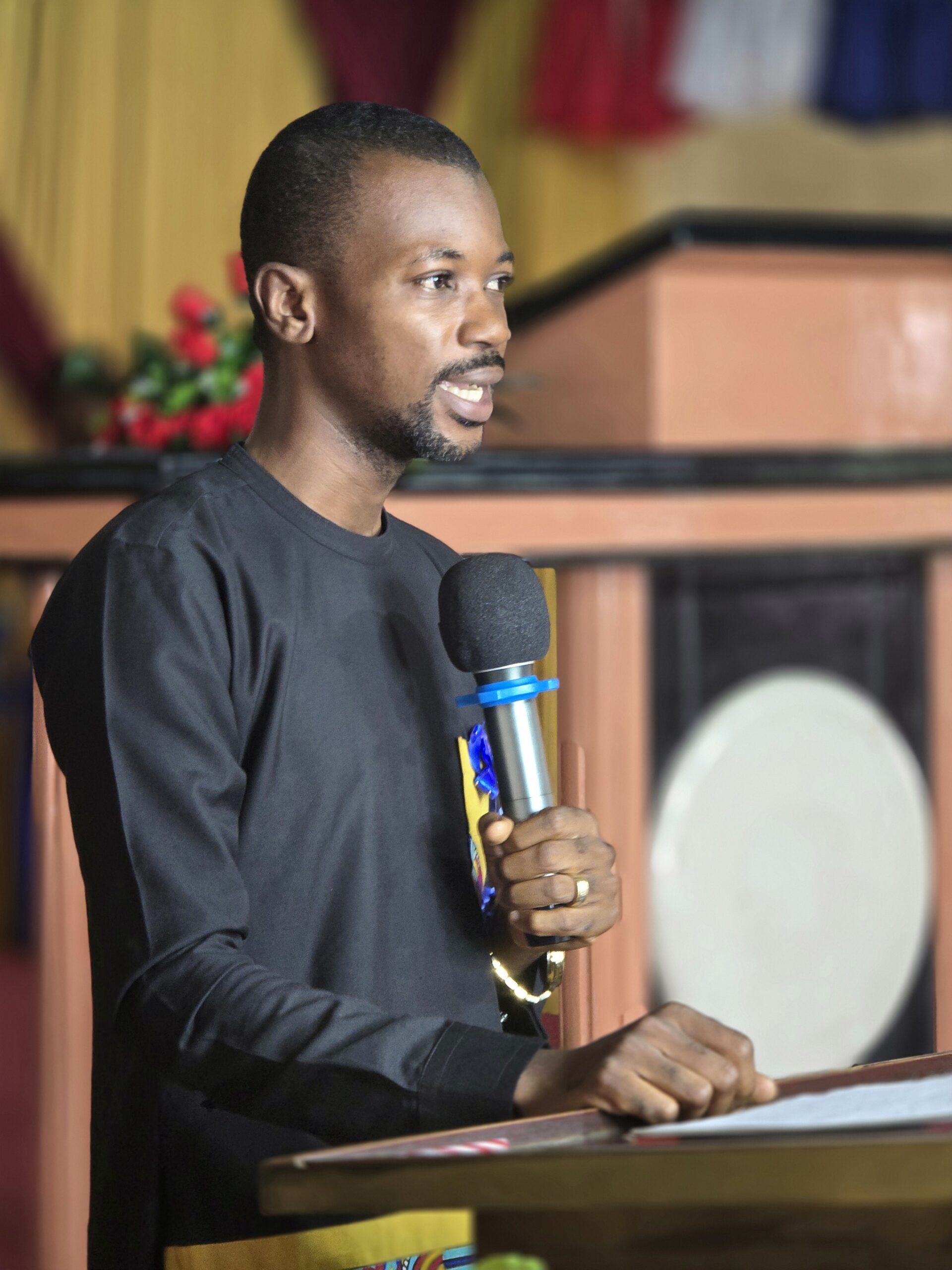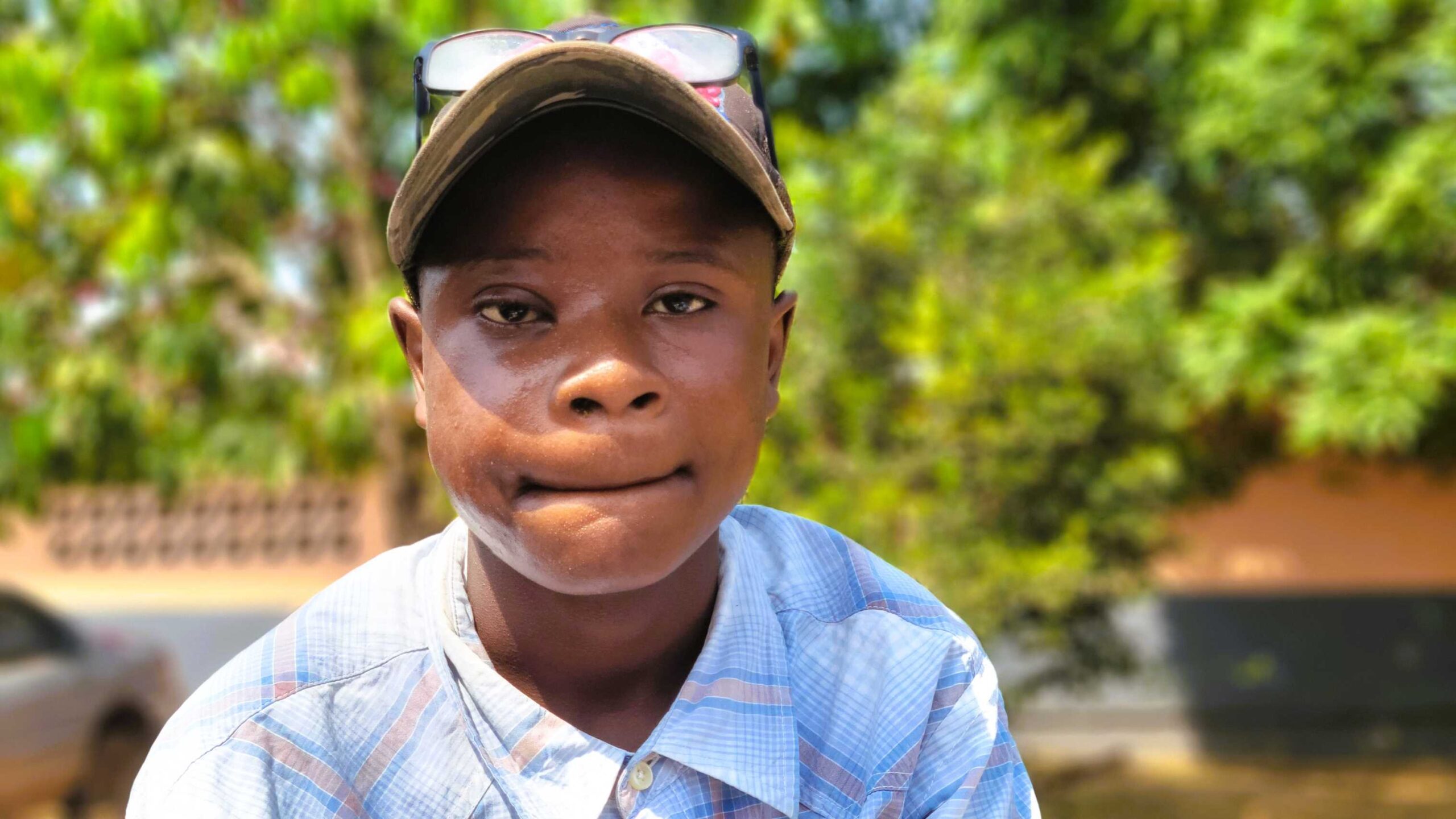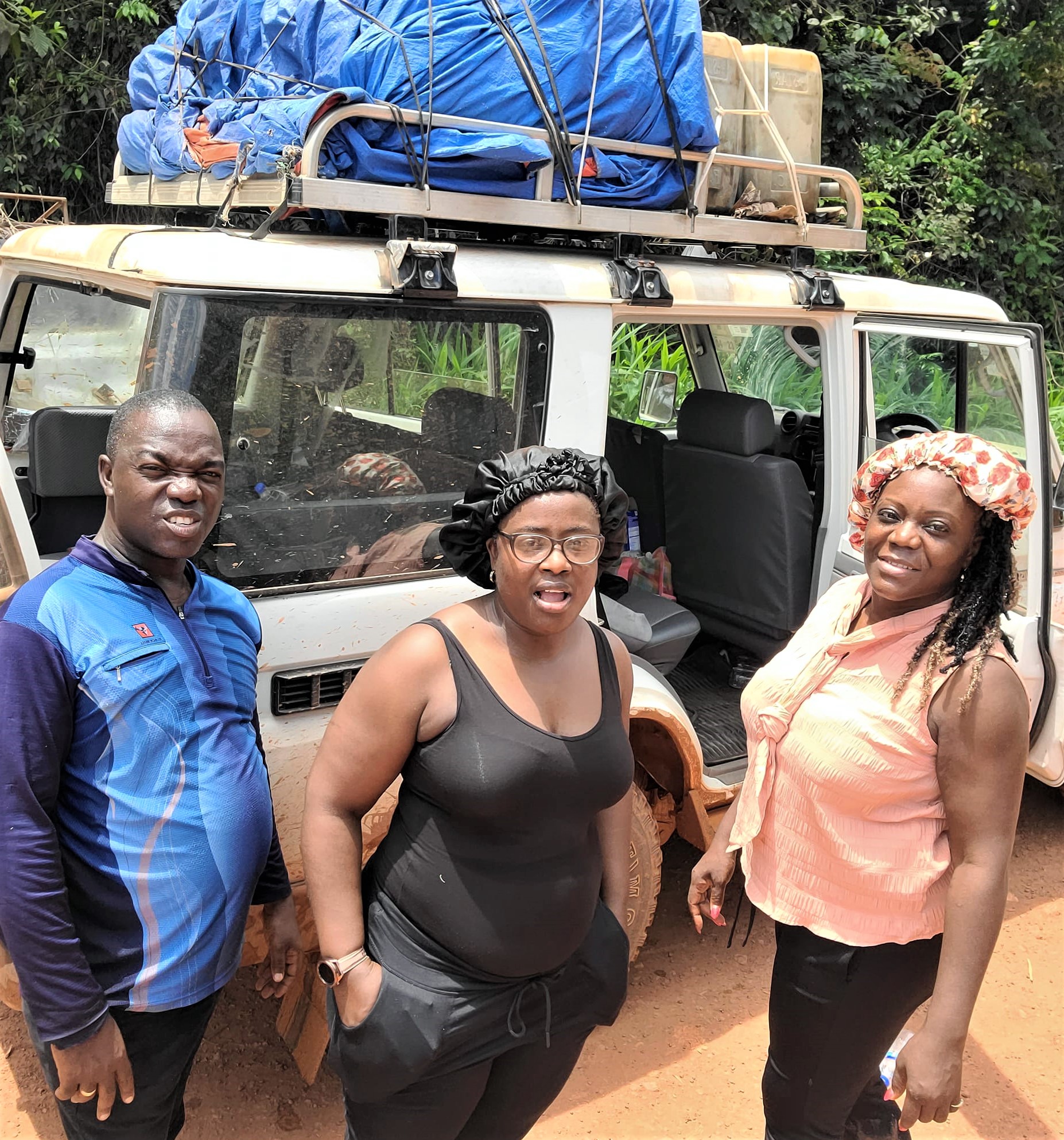Appalling road conditions in rural Liberia turned into ‘death traps’ for travelers; hamper the spread of Christianity

A Special News Feature by James Kokulo Fasuekoi|Editor-Publisher
Deplorable road conditions in Liberia have hit greater proportions lately, turning almost into what most locals called a perfect “death trap” for travelers across the country. The situation is also hampering the spread of the Gospel in the Christian nation.
Last summer, for instance, scores of motor accidents occurred along many of the nation’s main highways that run across the country from the capital Monrovia, due to horrific road conditions, thereby leaving scores of passengers dead or seriously injured, local sources reported.
Liberia, a place where roads become death traps!
Because of the shoddy road situation, travel nowadays throughout the country, particularly, in remote regions such as Lofa, Nimba, Grand Gedeh and Maryland, remains quite a challenge for everyone if not impossible.

In some cases people have died while they were still in transit. Most notably the causes of their deaths were attributed to extreme exhaustion, sleeplessness, and the lack of proper meal and good drinking water during their bone-wearied journey on bumpy roads.
A social media post from Liberia, last December showed the video of a dead woman, whose lifeless-body dangled on the backseat of a motorbike as the rider waded through a sea of muddy water and swerved over dotted potholes in a jungle in Nimba, a mountainous region.
Just days before, the woman had been part of a large group of stranded travelers, and was seen personally preparing food and distributing it freely among fellow travelers and encouraging them, said the poster.

Traveling through Liberia’s countryside even in the summer is almost as riskier as crossing the Rubicon, and it can be even more dangerous during the wet season that runs from April through September each year. Travelers have to prepare in advance for the unknown (harsh conditions) that include countless nights of sleeplessness, most likely in the middle of nowhere such as in the jungles.
US resident gets first ‘taste’ of the bad road
A US-based resident and social worker, Nathalie Gray of Minnesota, who had traveled to Liberia March to attend the funeral of her aunt in Harper, Maryland, got her first test of what the average Liberian goes through after she ventured outside of the capital.

“I’m glad I went through hell [but] finally got to enjoy my people,” wrote Mrs. Gray, on her Facebook page in mid April after her three-day but gluing trip from Monrovia to Harper via dirt-road. Normally it would take less than 10 hours drive; and for a small plane, an hour and half.
Prior to her trip to the region which shares a common border with the Ivory Coast, she said “many friends and family warned me about the road conditions,” while others suggested she use a plane or a “Land Cruiser type vehicle” to Harper with less extreme hurdles.

It turned out that the single plane that flies between Monrovia and Harper was pulled in for maintenance work during the very week of her scheduled trip to Harper.
Poor road conditions pose hindrance to the Gospel
The bad road conditions in Liberia are posing a serious hindrance to the spread of the Gospel, a period when hundreds of thousands living in rural Liberia appear hungry for the Gospel.
A common example can be viewed from a series of video-shoots, posted to Rev. Dr. Christian Dagadu’s social media feeds from his ministry’s nationwide crusades last year, January-March when thousands showed up in Liberia’s southeast cities like Pleebo and Barclayville, giving their lives to Jesus Christ.

In Pleebo, Maryland, and Barclayville, Grand Kru (home to current President George Weah), many locals seemed to have turned to worshiping idols or “unknown gods” because of hardships.

Though there appeared to be a tense “spiritual atmosphere” especially in both cities at the start of the crusades, dozens of people eventually surrounded their “fetishes” or “voodoos.” All received deliverance and prayer. Thank God Pastor Dagadu’s Christian Evangelistic Ministries’ deliverance team was present.
The Harvest is ripe in Southeast Liberia
While the “Harvest” seems ripe in that region and other places in the country, the area became almost inaccessible to travelers and motorists during the past years because of bad road conditions there.
Roads in the entire southeast are so deplorable that people now have to spend nearly a fortune (more than three times the normal price) just to get to any of the towns or cities-in addition to spending sleepless nights in the open, along darked, dirt roads.

Now, imagine what a struggle national evangelists such as Pastor Dagadu & Team-who annually take a fleet of vehicles, loaded with musical instruments, and a huge artificial wooden stage-have to go through to take the Gospel to people living in those places.
In an interview with Global Ekklesia last year, Dagadu recalled how years ago, he had asked his teenage daughter on a crusade tour with him to sing his “favorite” song. This is after his cruiser got stuck in deep muddy water and it became clear that they would have to pass the night in the middle of nowhere, in Grand Gedeh.
His request to have his little girl sing his “favorite” Gospel song, apparently was to divert her attention and avoid letting her panic in pitched darkness as they all sat quietly waiting for help and it worked.
Liberia’s president & preaching “pastor”

Charles the Great of the Holy Roman Empire, otherwise known as Charlemagne, is known to be a great conqueror, emperor of Rome and a powerful leader of the Carolingian Dynasty in western Europe.
Besides being remembered for “facilitating a cultural and intellectual renaissance” in western Europe beginning 768 and onward, Charlemagne is most remembered and celebrated by many for reforming education and religion, especially Christianity, in the western Roman Empire (Christianity Through The Centuries/Earle E. Cairns, 1996).
As an added note he didn’t only erect good roads to have the Gospel reached to all but that he also recruited great religious scholars to help rightly interpret the Holy Bible throughout his kingdom nevermind he was less educated.
But in the west African country of Liberia, the story is altogether the opposite despite the current sitting President George Weah happens to be not only Christian but a “pastor” and runs his own church in the city’s suburb he named after his deceased grandmother, Ma Emma Forkay-Brown.
At the peak of Weah’s footballing career in Europe during the 90s, he declared himself “Muslim” and did worship regularly with his Islamic brothers.
Soon after he won the 2017 presidential elections, Weah quickly erected a huge edifice, set up his own pulpit, and began delivering Sunday sermons, although there’s no records that he recanted his Islamic religion in the first place per God’s ordinance.

As for helping to spread the Word of God, neither Mr. Weah himself nor his regime has added a dent, or impacted Christianity in Liberia, since coming to power.
Looking at President Weah’s “strange doctrine”
With no sort of prior apprenticeship training, less alone pastoral training to his credit like almost of God’s Soldiers that operate through FIVE-FOLD Ministries (Ephesians 4:11), most of Weah’s sermons for last year appeared to lack coherence, hermeneutically speaking.
Often, instead debating the Gospel-the real issue at hand-his sermons are interspersed with “gossips” often directed at rival politicians, including former diplomats who disagree with the way he goes about dealing with political and other vital national issues.
In one particular case that stood out for many, he railed against a former Taylor-Sirleaf politician, Lewis Brown at the start of his Sunday sermon which was telecast live via social media. He claimed Brown had desperately “begged” him for a “job” but that he had refused, as his congregation cheered him on.
In Weah’s own bubble, there seems to be nothing like “confidentiality” even including government’s matters. His outbursts too, are welcomed by his “praise-worshiping-singing” congregation as long as they can be “blessed” by the president.
For Mrs. Natheline Gray, her long and agonizing journey to her home region, Maryland, she wrote, added to her “life experience of rural Liberia.”
In a social media post, she remarked that she won’t trade her “sleepless nights on the road with anything” and concluded with these lines: “But, it can be better, if and only if, Liberians would elect officials who care, have some pride and a little love for that beautiful country,” she concluded.
Editor’s Note: Banner photograph of Mrs. Nathalie Gray and other passengers traveling to Maryland, Liberia in March-April. Picture courtesy of Nathalie Gray/Facebook











